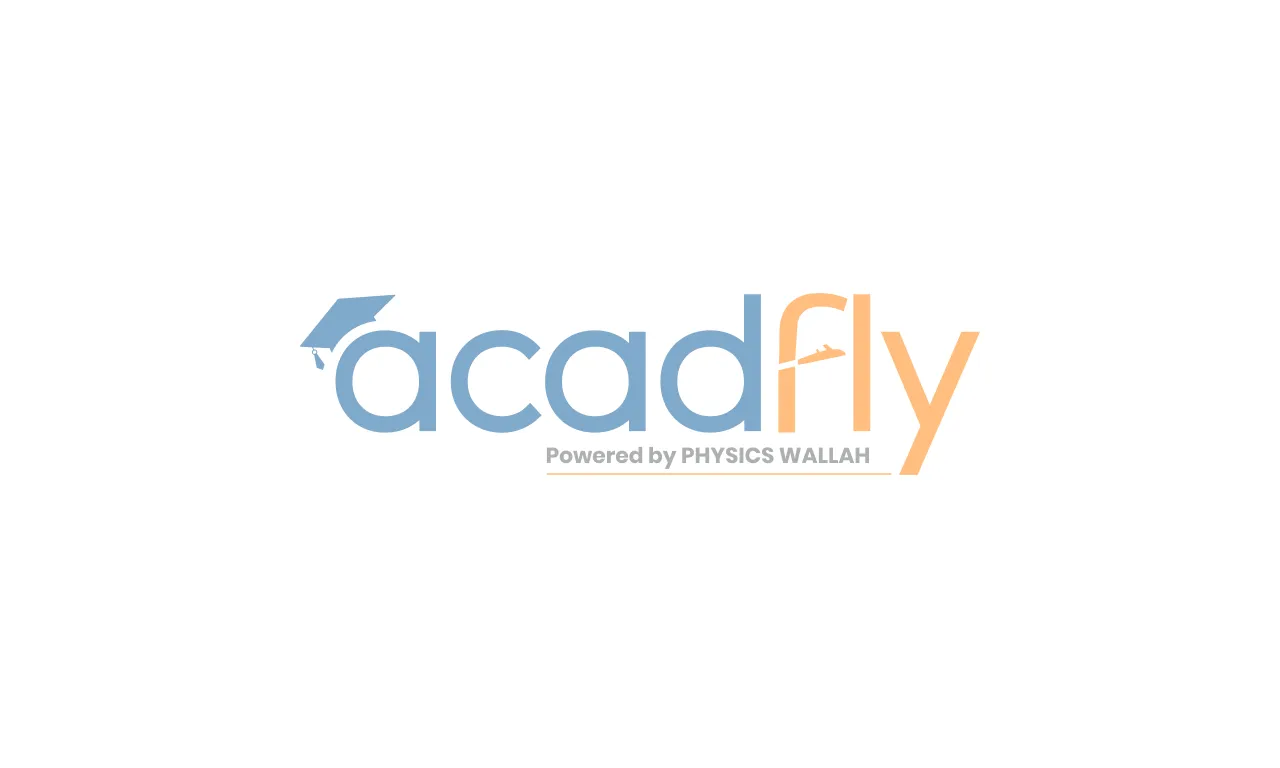
Medical Education in Nepal is strong, providing theoretical as well as practical clinical exposure. MBBS in Nepal typically takes five and a half years, with an obligatory internship. There are also postgraduate specialties across various fields of medicine. Medical schools in Nepal are affordable and of high quality, attracting a large number of international students from surrounding nations. The curriculum aims to provide capable doctors who can cater to diverse populations.
Medical Education in Nepal Overview
MBBS in Nepal course is a 5.5-year program, consisting of 4.5 years of academic and clinical education, and a mandatory one-year internship. The curriculum includes basic medical sciences, clinical rotations, and community health.
The following is an overview of the main features of Medical Education in Nepal:
| Medical Education in Nepal Overview | |
| Particulars | Details |
| Degree Offered | MBBS (Bachelor of Medicine, Bachelor of Surgery), Postgraduate (MD/MS), Doctoral (Ph.D.) |
| Regulatory Body | Nepal Medical Council (NMC) oversees standards, accreditation, and licensing |
| Duration |
MBBS: 5.5 years (4.5 years academic + 1 year internship) Postgrad: 2-3 years Doctoral: 3-5 years |
| Admission Criteria | Completion of 10+2 or equivalent with Physics, Chemistry, Biology, with a minimum of 50% marks, and entrance exams |
| Curriculum Structure | Pre-clinical (basic sciences), clinical rotations, community and rural health focus, competency-based |
| Internship | 1 year compulsory rotating internship in teaching hospitals |
| Focus Areas | Rural health, community medicine, research skills, and clinical practice |
Medical Education in Nepal: Eligibility Criteria
MBBS in Nepal for Indian students needs to meet the following eligibility criteria. These are normal requirements, and a failure in these will terminate their candidature.
- The candidates should have a 10+2 or equivalent education with Physics, Chemistry, and Biology as mandatory subjects from an acknowledged board.
- A minimum of 50% marks in Physics, Chemistry, and Biology is required.
- NEET qualification for MBBS in Nepal; hence, Indian students have to clear the exam for admission.
- Mark sheets, NEET scorecard, medical fitness certificate, passport, and other supporting certificates are required documents.
Medical Education in Nepal: Course Offered
Medical education in Nepal basically provides the Bachelor of Medicine, Bachelor of Surgery (MBBS) degree. These are five and a half years long, with a compulsory internship. Postgraduate medical education provides MD and MS courses in different clinical and basic science disciplines.
The curriculum places special focus on rural and community health.
The following is the Medical Education in Nepal provided at different levels, with the course duration:
| Medical Education in Nepal: Course Offered | ||
| Education Level | Duration | Description |
| MBBS | 5.5 years | 4.5 years academic + 1 year internship |
| Postgraduate | 2-3 years | Specialized training in various medical fields |
| Doctoral (Ph.D.) | 3-5 years | Advanced research and academic career in medical sciences |
MBBS in Nepal Fees Structure
The fee structure of MBBS in Nepal is relatively low when compared to most other nations. The overall cost of the entire course varies between Rs 42 lakhs and Rs 60 lakhs. It includes tuition fees, accommodation, and miscellaneous charges. One can pay fees on an installment basis over the duration of the 5.5-year course with an internship of one year.
Given below is an overview of the MBBS in Nepal fees structure:
| MBBS in Nepal Fees Structure | |
| Fee Components | Details (Rs. Approx) |
| Tuition Fees | Rs 35 Lakhs - Rs 55 Lakhs |
| Other College/University Fees (includes admission, registration, exam fees) | Rs 5 Lakhs - Rs 8 Lakhs |
| Hostel & Food (Estimate for 5.5 years) | Rs 10,000 to Rs 15,000/month |
How to Apply for Medical Education in Nepal?
To apply for medical education in Nepal, one has to fulfill the eligibility criteria. Nepal provides economical and quality medical education with an international standard curriculum and recognition. Below is the step-by-step application process for Medical Education in Nepal:
- Go to the official website of the chosen college and complete the online application form carefully.
- Submit documents as per the requirement, such as 10th and 12th mark sheets, NEET scorecard, passport, photos, and medical fitness certificate.
- Attend any entrance exams or interviews as may be demanded by the college.
- Get the provisional admission offer letter from the college after accepting.
- Pay the booking or admission fee to reserve the seat.
- Apply for the NMC Eligibility Certificate if you are an Indian student (compulsory).
- Complete your visa formalities and travel arrangements to Nepal.
Nepal Medical Colleges
Nepal has an increasing number of quality Medical Colleges in Nepal that are highly sought after by international students, especially from India. These colleges have their affiliation with some of the major Nepali universities, such as Tribhuvan University, Kathmandu University, and B.P. Koirala Institute of Health Sciences. Some of the well-known medical colleges are mentioned below:
| Medical Colleges in Nepal | ||
| Medical College Name | Location | Accreditation |
| Manipal College of Medical Sciences | Pokhara | Nepal Medical Council (NMC), MCI |
| Kathmandu Medical College | Kathmandu | NMC, Medical Council of India (MCI) |
| College of Medical Sciences, Bharatpur | Bharatpur | NMC, MCI |
| Lumbini Medical College | Palpa | NMC, MCI |
| KIST Medical College | Lalitpur | NMC, MCI |
| Birat Medical College | Biratnagar | NMC, MCI |
| Nobel Medical College | Biratnagar | NMC, MCI |
| Devdaha Medical College and Research Institute | Rupandehi | NMC, MCI |
| Janaki Medical College | Janakpur | NMC, MCI |
| Chitwan Medical College | Bharatpur | NMC, MCI |
| B.P. Koirala Institute of Health Sciences (BPKIHS) | Dharan | Autonomous, recognized by NMC |
| Patan Academy of Health Sciences | Lalitpur | Autonomous, recognized by NMC |
| Nepalese Army Institute of Health Sciences | Kathmandu | Recognized by NMC |
Core Subjects in Medical Colleges in Nepal
The major subjects in Nepalese medical colleges are formulated to build a strong foundation in medical sciences and increasingly incorporate clinical skills and practical knowledge. The curriculum blends basic medical sciences, clinical sciences, and community health to make the students well-prepared for overall medical practice.
Get insights into the core subjects in Medical Colleges in Nepal.
| Core Subjects in Medical Colleges in Nepal | |
| MBBS Year | Core Subjects |
| 1st Year | Anatomy, Physiology, Biochemistry, Microbiology, Pathology, Pharmacology, Community Medicine, Communication Skills |
| 2nd Year | Pathology, Pharmacology, Microbiology, Forensic Medicine, Community Medicine, Clinical Examinations |
| 3rd Year | Internal Medicine, Surgery, Pediatrics, Forensic Medicine, and Community Medicine |
| 4th Year | Internal Medicine, Surgery, Psychiatry, Dermatology, Ophthalmology, ENT, Orthopedics, Anesthesiology, Radiology, Emergency Medicine |
| 5th Year | Internal Medicine, Surgery, Obstetrics & Gynecology, Pediatrics, Anesthesiology, Radiology, Emergency Medicine, Ethics, Research |
| Internship | Rotating internship in Internal Medicine, Surgery, Orthopedics, Gynecology, Pediatrics, Emergency Medicine, Ophthalmology, ENT, Anesthesiology |
Is NEET Required for MBBS in Nepal?
Study MBBS in Nepal for Indian Students requires them to clear the NEET (National Eligibility cum Entrance Test). Although Nepal has its own entrance tests, the regulations of the NMC indicate that Indian citizens who want to study medical education overseas must have cleared NEET. This is a key eligibility requirement for Indian students, although they might still need to clear the Nepali entrance examination.
Why Choose Medical Education in Nepal?
Nepal presents a compelling argument for prospective medical practitioners for several reasons:
- Proximity and Cultural Similarity: Geographical proximity and strong cultural, linguistic, and climatic similarities are provided by Nepal to Indian students, making the adjustment easier.
- Verified Degrees: The medical degrees of Nepal are acknowledged by the Medical Council of India (MCI) and now the National Medical Commission (NMC) and other international authorities, thereby allowing the graduates to practice medicine in India and other nations after respective licensing processes.
- Economical Degree: In contrast to private Indian or Western medical schools, Nepal's MBBS Fee Structure is much more affordable.
- Quality Education: Nepali medical schools adopt international standards, providing detailed theoretical education and intensive practice training.
- English as the Medium of Instruction: English is used as the medium of instruction by all medical schools, which is an added positive point for international students.
Medical Education in Nepal FAQs
How long does the MBBS course in Nepal last?
What is the average cost of an MBBS study in Nepal?
What are the requirements for MBBS admission in Nepal?
Is NEET compulsory for Indian students to study MBBS in Nepal?
Are diplomas from Nepal's medical colleges accepted internationally?








